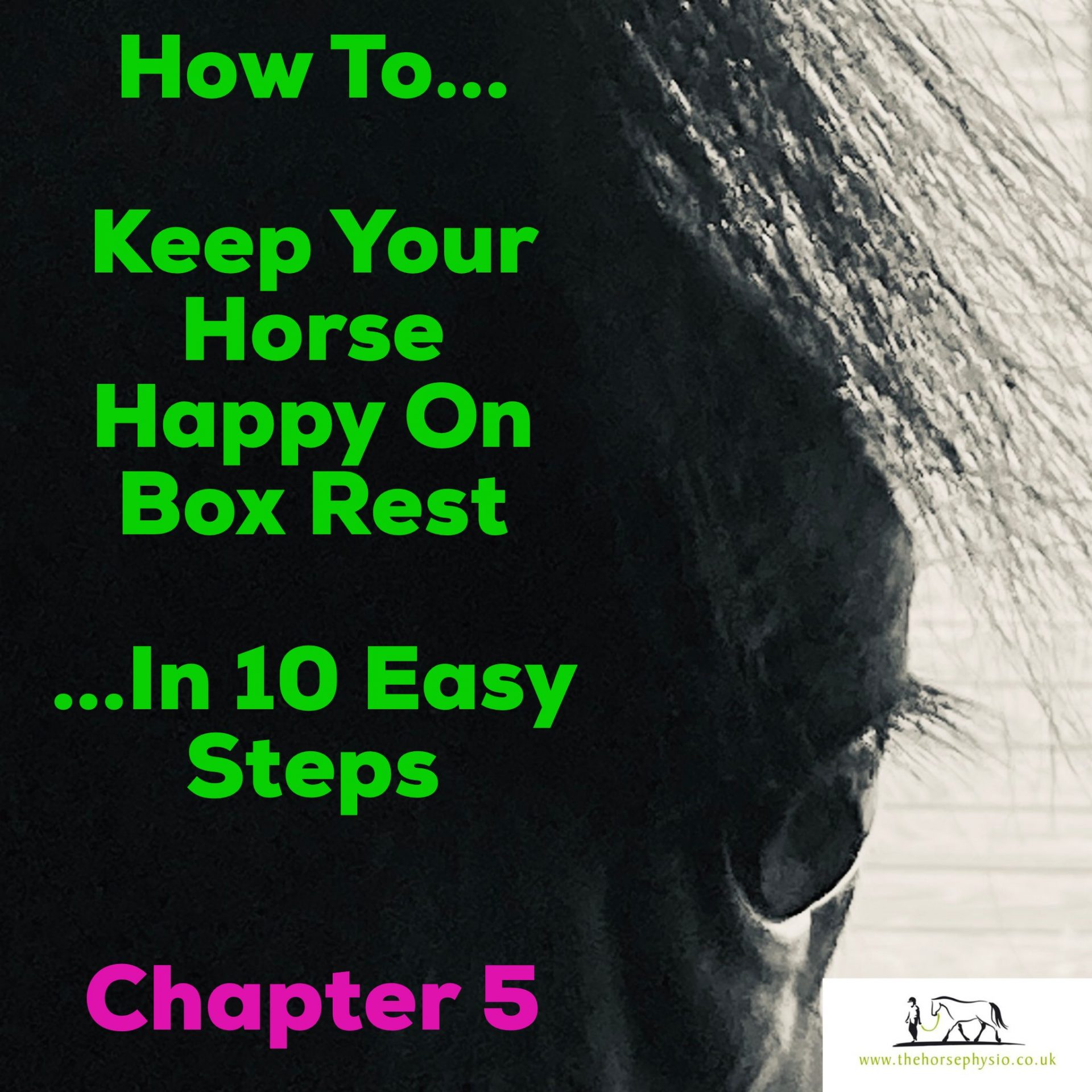Ad Lib Forage
Many are concerned about the possibility of gastric ulcers for the horse on box rest. Studies suggest that as many as half of leisure horses have gastric ulcers, although not all of these will show recognised symptoms. It is of course often difficult to judge whether a horse is showing symptoms of gastric ulcers, as the symptoms can be so wide ranging, and vary from extremely obvious to non existent.
We’re rarely lucky enough to know our horse from the day he was born. Even then there’s a significant percentage of horses who are born with gastric ulcers. I often hear ‘he’s always been like that’, which of course actually means ‘he’s been like that ever since I’ve known him’. It’s not the same thing at all, as he may have been in discomfort ever since you met him.
Anyway, one of the major triggers for gastric ulcers is stress, and another is long periods without food. A major problem with box rest is the likelihood of the horse putting on weight, so this also has to be factored in (see the chapter on weight management). The suggestions in this book can help to reduce stress levels. If it’s suitable for your horse, ad lib forage is likely to be the best option to help with both the issue of stress and the issue of long periods without food.
For many horses, the risks of being overweight are greater than the risks of gastric ulcers. Check with your vet if you have any concerns over your horse’s weight, or the dangers of him putting on weight. Perhaps it’s ok to hand graze your horse one or more times a day, or to turn him out in a stable-sized paddock, or even to walk him out in hand? Although ‘box rest’ sounds so definite, there’s rarely only one option, it’s often a case of thinking outside the box (pun not intended!) to figure out what works for you and your horse.
© Sue Palmer, The Horse Physio 2021
Treating your horse with care, connection, curiosity and compassion
